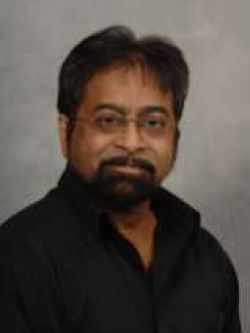Event Date/Time
Location
Maeder Hall
Series/Event Type
Simulation of turbulent combustion in operational devices (gas turbines, rockets, scramjets) is challenging due to the wide range of scales involved: from the molecular scales where mixing and combustion occurs to the large-scale of the device that control the global processes. Interactions occur over the entire range of spatial (and associated temporal) scales, and models optimized to work in one specific region of application invariably fail when another area is simulated. For next generation low-emission gas turbines used for power generation, simulation model must allow the user to systematically adjust the operating condition without any ad hoc adjustment to the model in order to understand the performance at the “edge” of combustion stability. However, numerical prediction using large-eddy simulation (LES) of combustion dynamics (stability) in gaseous and liquid fueled combustors is difficult due to many unknowns in the experiments and in the modeling strategies. A multi-scale, two-phase simulation approach that is currently being used to investigate these applications within a single simulation framework will be described and strategies that can be used to eliminate some of the uncertainties will be highlighted. Computational challenges involved in numerical schemes, subgrid closures, and data processing will be discussed along with some key examples of successes and failures.
Speaker Bio
